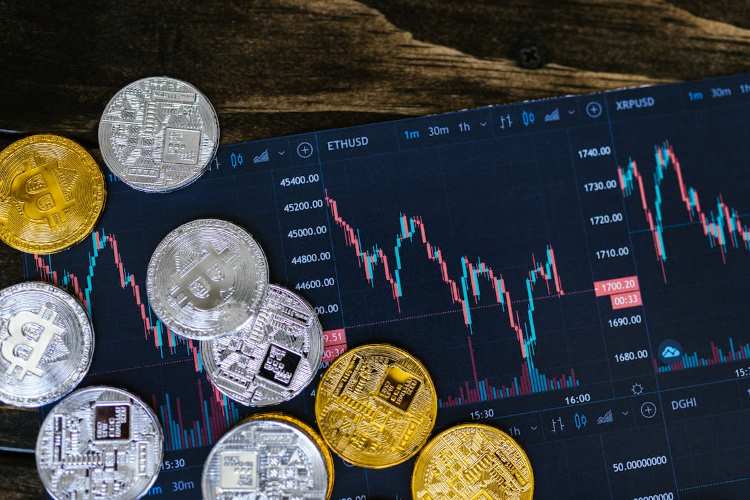India’s Challenge with Cryptocurrency: Achieving a Balance Between Adoption and Oversight – The Policy Circle

Despite its global popularity, cryptocurrency has struggled to gain solid footing in India, with the central bank remaining sceptical even years after its inception. Many support the RBI’s cautious stance, arguing that cryptocurrency offers little value while posing significant risks. As virtual currencies operate without the need for regulation, their very nature presents substantial threats. As a result, the future of cryptocurrency in India remains uncertain.
However, the Indian government has shown some openness to dialogue. A panel led by the Secretary of the Department of Economic Affairs (DEA) recently issued a consultation paper seeking feedback from stakeholders on how to regulate crypto assets. This indicates that the government is taking an active interest in shaping the future of digital currencies in the country.
READ | A nation in the dark: Census delay risks India’s future
Cryptocurrency Regulation
India’s G20 presidency marked a pivotal moment for cryptocurrency regulation. One of the most significant outcomes was a comprehensive discussion on a regulatory approach to crypto assets. G20 members, along with the IMF and FSB, jointly agreed on a Synthesis paper, setting the stage for a unified regulatory framework. The discussions outlined key elements of effective regulation while also identifying responsible entities for implementation.
Nevertheless, Finance Minister Nirmala Sitharaman recently noted that, despite global agreement on the need for regulation, each country will need to adopt its own legislative framework. This will require coordination within countries and across borders, demanding efforts at both the macro and micro levels. In September 2023, Economic Affairs Secretary Ajay Seth stated that the government would carefully consider the recommendations based on the consensus built and then decide on policies moving forward. Given the heightened risks associated with cryptocurrencies, especially for emerging economies, India must tailor its regulations to ensure stability.
As part of its regulatory efforts, India banned nine offshore crypto platforms, or Virtual Digital Asset (VDA) service providers, for violating the Prevention of Money Laundering Act (PMLA) of 2002. Even Binance, the world’s largest cryptocurrency exchange, faced scrutiny. However, in December 2023, Binance re-entered the Indian market after registering with the Financial Intelligence Unit.
India’s stance on cryptocurrency has been evolving. After introducing a ban in 2018 that prohibited Indian banks from facilitating cryptocurrency transactions, the Supreme Court overturned the decision in 2020. In the Union Budget 2022-23, a 30% tax on income from the transfer of digital assets was proposed, along with a 1% tax deduction at source (TDS) on such transactions to discourage crypto trading.
Globally, countries have adopted diverse approaches to cryptocurrency regulation. Some have imposed strict regulations, while others have opted for outright bans. India’s approach has been a mix of both.
Although India has historically taken a cautious stance toward virtual assets, it has been recognised that an outright ban is not an “easy option,” as the IMF-FSB paper pointed out. A ban could drive investors to more crypto-friendly regions, increasing financial integrity risks and potentially leading to India losing oversight of digital assets.
A more viable path forward is to regulate and supervise licensed or registered cryptocurrency issuers and service providers. This approach could help close information gaps and facilitate oversight of cross-border activities. The Cryptocurrency Bill of 2021, introduced in the Lok Sabha, was a significant step toward regulating India’s growing cryptocurrency market. The bill proposed guidelines for the Reserve Bank of India to create an official digital currency while seeking to ban all other private cryptocurrencies.
Despite the government’s efforts to limit digital assets, Chainalysis’ 2023 Global Crypto Adoption Index ranked India first among 154 nations for grassroots crypto adoption. This suggests that ordinary people in India are actively using cryptocurrencies in their daily lives, regardless of government concerns. Investors now await meaningful regulations that will address the growing interest in the sector while also protecting them from potential risks.
Source link
#Cryptocurrency #dilemma #India #balance #adoption #oversight #Policy #Circle





